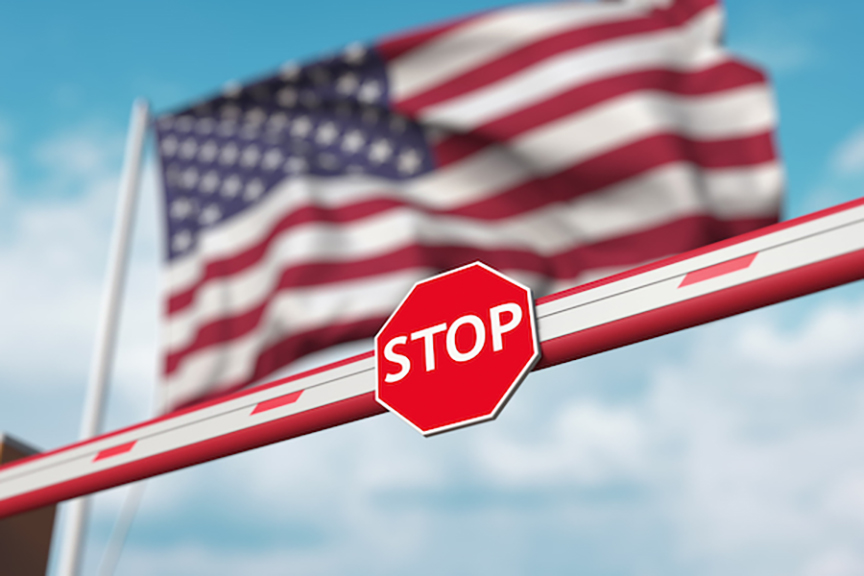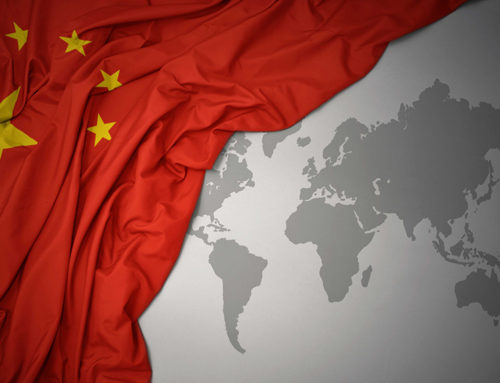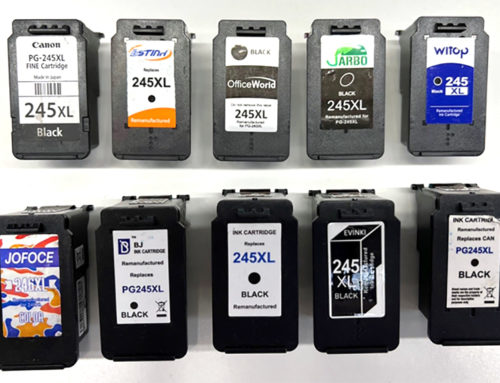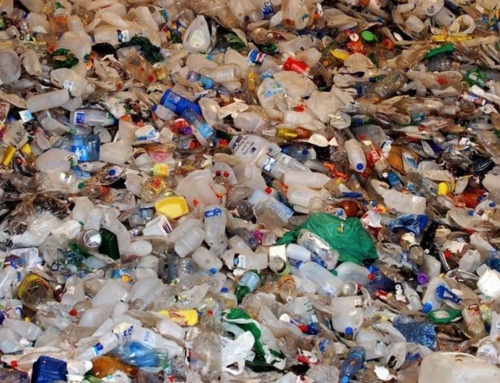On June 9, 2023, the U.S. Department of Homeland Security took a momentous step in addressing concerns related to forced labor by officially including China-based printer and cartridge manufacturer Ninestar in the Uyghur Forced Labor Prevention Act (UFLPA) Entity List. This significant move signifies that the importation of Ninestar products will be illegal after the specified date.
Ninestar’s placement on the UFLPA Entity List is a direct consequence of the disturbing allegations of collaboration with the Xinjiang government in activities such as the recruitment, transportation, and harboring of forced labor from oppressed groups including Uyghurs, Kazakhs, Kyrgyz, and others. This action by the U.S. government aims to combat these practices head-on. It’s worth noting that eight subsidiaries of Ninestar are also subject to import bans under the UFPLA regulations.
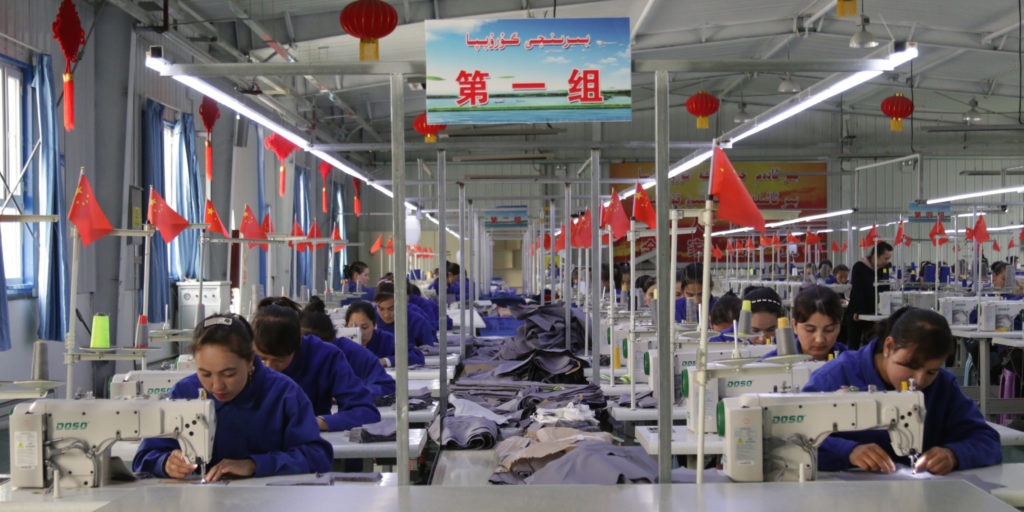
The Uyghur Forced Labor Disclosure Act, introduced to the U.S. Congress on July 18th, seeks to mandate public companies to disclose information about goods imported from the Xinjiang Uyghur Autonomous Region or through state-supported labor transfer programs involving oppressed Muslim minorities like Uyghurs. The intent is to promote supply chain transparency and accountability by making this information publicly available on the Securities and Exchange Commission’s website.
Despite these efforts to address the issue, it’s disconcerting that these products continue to be available under various brand names, particularly on major e-commerce platforms. Amazon, a prominent seller, features these products in its listings. This situation contradicts Ninestar’s status as the world’s third-largest printer and printer cartridge manufacturer, operating under multiple brand identities, and perpetuates an industry that capitalizes on modern-day slavery.
The use of forced labor constitutes a grave violation of human rights, subjecting workers to deplorable conditions. As conscientious consumers, we bear the ethical responsibility to ensure that our purchases do not inadvertently support such injustices.
Ninestar’s inclusion on the UFLPA Entity List followed meticulous scrutiny and endorsements from key stakeholders, including the U.S. Trade Representatives and various governmental departments such as Homeland Security, Labor, State, Treasury, Justice, and Commerce. These actions underscore the severity of the issue.
Eric Choy, Executive Director of Trade Remedy Law Enforcement for U.S. CBP, emphasized in a recent interview that U.S. entities may face civil and criminal consequences for knowingly trading in Ninestar products imported after June 12th. This stance reflects the strong U.S. legal position, where the sale of such products can lead to civil and criminal consequences under Title 18 of U.S. Criminal Law.
In response to these developments, many entities, including federal and state institutions and prominent corporations, have chosen to sever ties with Ninestar due to concerns about compliance with social standards.
The use of “forced labor” directly contradicts the purchasing policies and regulations established by various customers, requiring suppliers to adhere to stringent social compliance guidelines. The U.S. Government’s determination that Ninestar engaged in forced labor activities has led to the effective prohibition of purchasing or selling Ninestar products under these social compliance policies. Consequently, legal and compliance divisions of major corporations are removing Ninestar products from their offerings. Continuing to sell these products to such customers may result in contractual breaches and potential legal repercussions for suppliers.
Ninestar’s official statement expresses “surprise” at being added to the UFLPA Entity List and vehemently condemns all forms of forced labor. These sentiments align with the broader stance of the Chinese government on the issue. However, even if Ninestar’s assertions are taken at face value – even if they disavow involvement in “forced labor” and claim to pay workers a “fair wage” – the Government has collectively decided that any collaboration with the Xinjiang government as described warrants inclusion in the UFLPA entity list, effectively making their product imports illegal in the United States.
The UFLPA’s “rebuttable presumption” principle carries significant weight. Upon an entity’s addition to the UFLPA list, a presumption is established that goods produced by that entity involve forced labor and are ineligible for entry into the United States. This principle diverges from the “innocent until proven guilty” principle prevalent in U.S. law, making it exceedingly difficult for entities to overcome the presumption. In Ninestar’s case, providing clear and convincing evidence to dispute the allegations is a formidable challenge.
Given the formidable nature of this burden, no entity added to the UFLPA list has successfully been removed or granted relief. Consequently, the only plausible avenue for Ninestar products to enter the country in the foreseeable future is through illegal means.

